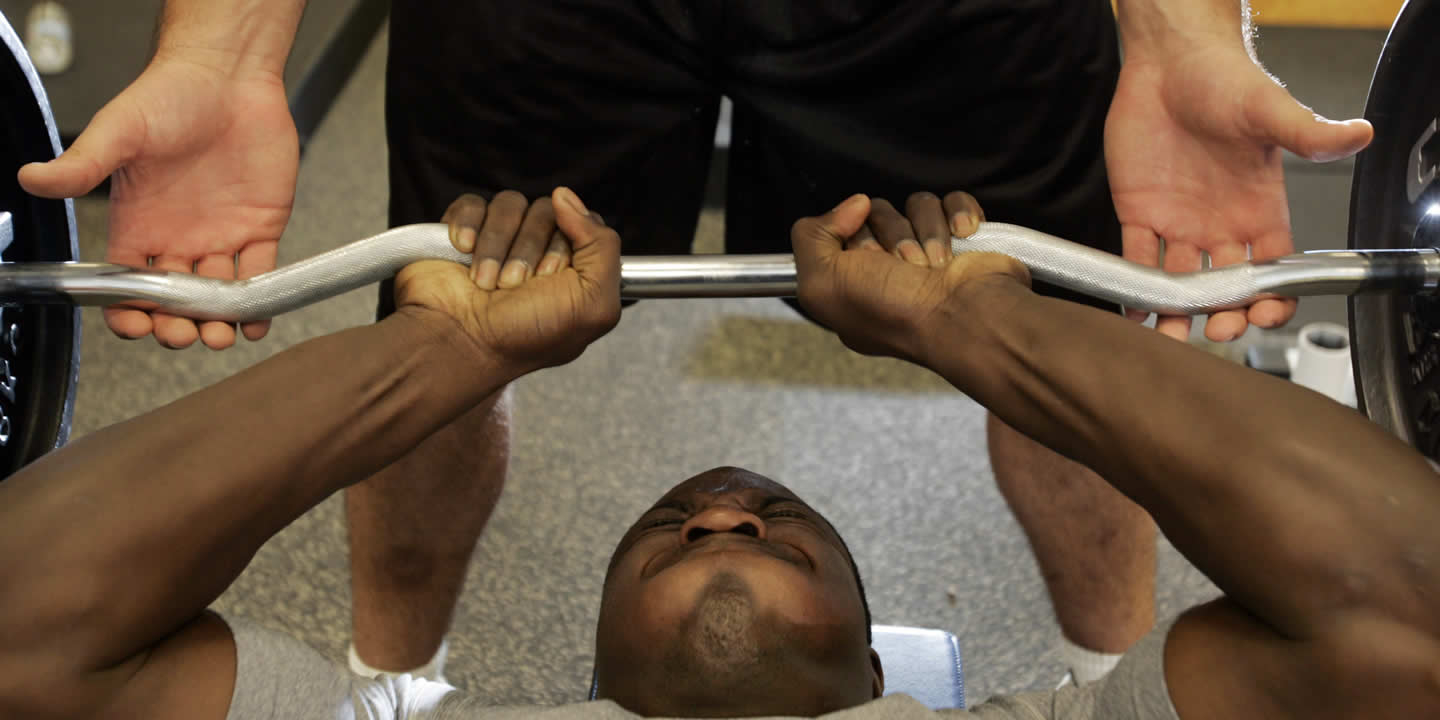

The Marshmallow Paradigm
Warm Up
In the 1960’s researchers at Stanford University conducted a series of psychological experiments that famously became known as, The Marshmallow Experiment.
From these series of tests, a powerful principle of behavioral psychology was uncovered. This principle is the single biggest predictor of future success. Using this principle, researchers are able to predict a relative level of success years in advance.
Workout
The single biggest predictor of future success is someone’s ability to: delay gratification for a future time.
Here’s what the researchers found.
Experimenters put groups of young children (4-5 years old) in a room and gave them a single marshmallow. They gave the kids a choice: ‘you can either eat your marshmallow right away, OR you can earn a second marshmallow if you can wait until we come back into the room’.
The researchers continued to track the development of the two groups of kids in the experiments: the kids that ate the marshmallow right away and the ones that delayed gratification to receive a second marshmallow.
What they found was that the kids who had the self-discipline to wait for the second marshmallow did remarkably better in nearly every area of life as they got older. They had higher SAT scores, positive social relationships, less problems with drugs, a lower chance of obesity, etc.
This confirms what a lot of us already know: our ability to do difficult things now, leads to greater reward in the future.
We were created to live lives full of self-control. We were created to become disciplined in our thoughts, actions, and habits so that God can prepare us for greater things than we could ever imagine in the future.
We can only become the people we were created to be if we are willing to do the hard work of discipling ourselves in the present. The benefits of delayed gratification are visible in nearly every aspect of life, they have been hard-wired into our DNA:
- In the weight room: the more reps I do today, the stronger I will be tomorrow.
- In the kitchen: the less junk food I eat today, the healthier I will be tomorrow.
- In the classroom: the more I read today, the smarter I will be tomorrow.
You will never become the teammate, leader, or person that you were created to be if you can’t forgo the temptation for instant gratification in the name of something greater.
The athletes that have are able to have a transformational impact on their teams are the ones that find the things in their life where they can discipline their mind, body, and spirit to allow God to grow them into the man or woman he wants them to be.
Cooldown
Finding Your “Marshmallows”
Exercising self-control means learning to choose between good, better, and best. This is what it means to have discipline. Remember, “God gave us a spirit not of fear but of power and love and self-control.”
The bottom line is that, sweet rewards can’t be enjoyed with a mouth full of cavities. In order to enjoy the great tasting treats of the future we must learn to do the hard work of disciplining ourselves today.
Here’s a simple first step that will help you become a more effective leader and follower of Christ:
Identify 3 specific “marshmallows” (i.e. something that you enjoy but know isn’t healthy for you) in the three categories of mind, body, and spirit.
Substitute each marshmallow with a heathy alternative habit and commit to making the swap for a specific period of time. Write down the days when you are able to make the switch and commit to doing it for a set amount of time. Here is an example below:
-
Mind
Marshmallow: distracted with social media
Healthy Habit: Read 15 minutes of Assist content on athletesinaction.org before Facebook or Twitter!
-
Body
Marshmallow: watching TV every night
Healthy Habit: substitute 30 minutes of TV time for 30 minutes of reading a leadership book.
-
Spirit
Marshmallow: discouraging teammates when they make a mistake
Healthy Habit: 1 piece of spoken encouragement each practice.








